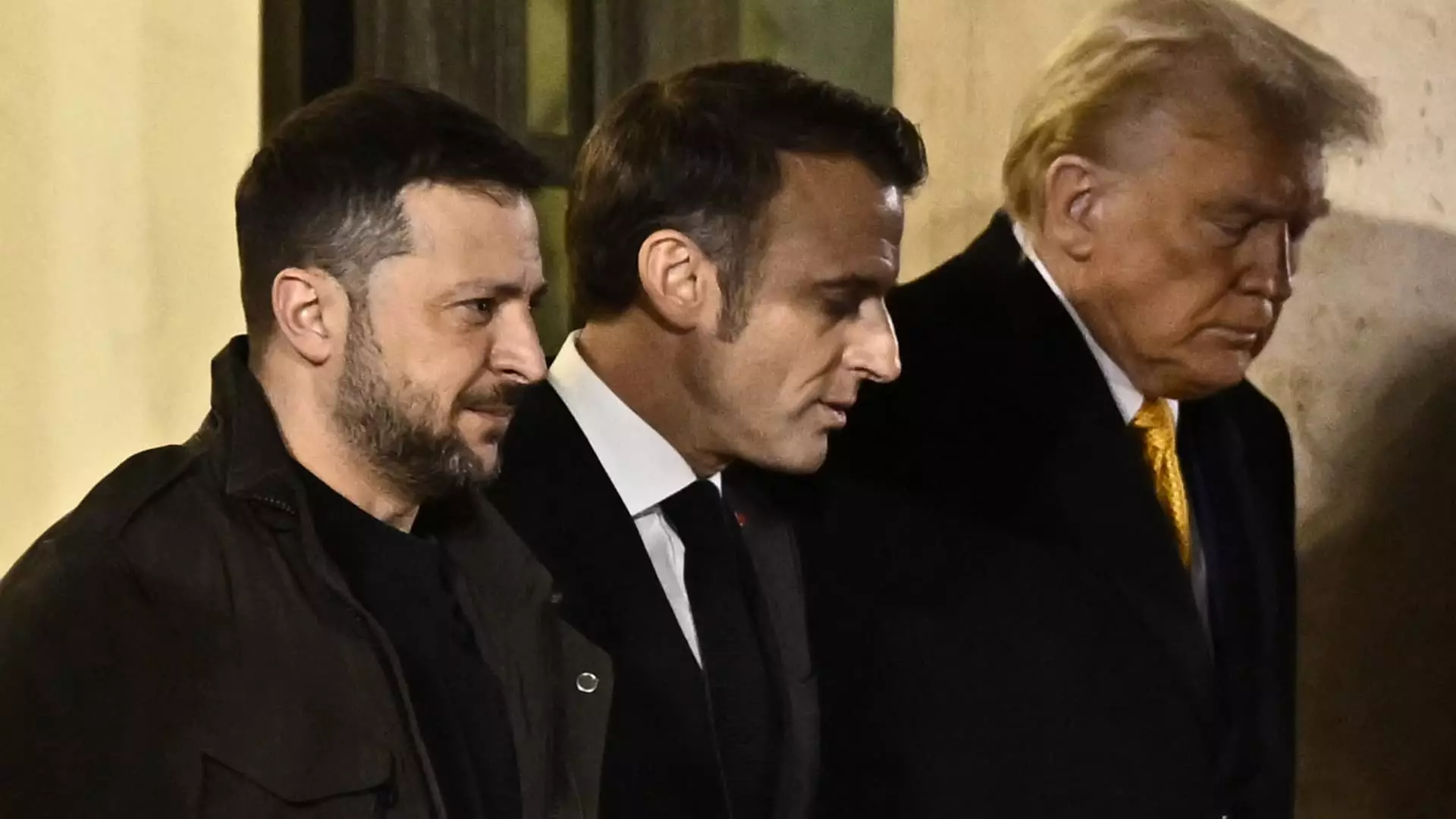The ongoing conflict between Russia and Ukraine has necessitated urgent diplomatic engagement from global powers, particularly Europe. As the United States takes a leading role in facilitating peace talks, the absence of a robust European presence has raised significant concerns among EU leaders about their capacity to influence outcomes that directly affect the continent. This article explores the intricacies of the current diplomatic dynamics, the implications of Europe’s limited involvement, and the pressing need for a cohesive approach to establish sustainable peace.
Recently, the U.S. has signaled a renewed commitment to engaging in high-level negotiations with Russia, with key players from both sides set to meet in Saudi Arabia. U.S. Secretary of State Marco Rubio’s discussions with Russian Foreign Minister Sergei Lavrov are viewed as a pivotal move in addressing the nearly three-year conflict. However, Ukraine’s exclusion from the initial phase of conversations has raised alarm bells. Ukrainian President Volodymyr Zelenskyy underscored this concern, asserting that negotiations without Ukraine’s participation are inherently flawed. His emphasis on the need for Ukraine’s voice reflects broader apprehensions that any agreements reached could overlook the country’s sovereignty and specific interests.
In light of these developments, European leaders convened in Paris for an emergency summit called by French President Emmanuel Macron. The summit aimed to reassert Europe’s role as a key stakeholder in the peace process after the Munich Security Conference—where hopes for European involvement diminished. The presence of influential leaders such as Germany’s Chancellor Olaf Scholz and U.K. Prime Minister Keir Starmer is indicative of the urgency the situation demands.
Yet, the discussions highlighted a fragmentation in Europe’s approach. While leaders expressed commitment to a unified stance, the ability to effectively coordinate and influence U.S. negotiations remained questionable. This disarray is particularly concerning given that the European Union has long advocated for a partnership-based approach with Ukraine. As noted by EU foreign policy chief Kaja Kallas, the success of any peace agreement hinges on the participation of both Ukrainian and European representatives.
The tension surrounding representation at the negotiation table raises critical questions about the effectiveness of the peace process. U.S. Special Envoy Keith Kellogg’s statement—that a “large group discussion” would be counterproductive—suggests a preference for streamlined negotiations devoid of broader European consultation. This raises implications for how regional interests are considered and potentially sidelined.
The narrative pushed by Washington could echo the historical tendencies of geopolitics where major powers navigate bilateral talks at the cost of smaller nations’ autonomy. The concern for European leaders, therefore, centers on the risk that decisions made by the U.S. and Russia without their input will lead to unbalanced outcomes—one that could exacerbate rather than resolve the conflict.
The European response to the current diplomatic landscape must be characterized by a sense of urgency and strategic foresight. The consensus among European leaders reflects a desire for increased investment in defense and a more pronounced role in safeguarding regional security. As Prime Minister Starmer noted, Europe’s defense spending has been a long-standing issue, which could be pivotal for demonstrating a unified front to both allies and adversaries alike.
Moreover, if Europe truly wants to be influential in the negotiation outcomes, it must solidify its stance through a coordinated strategy that involves not just military support but also diplomatic engagement. The upcoming NATO summit may serve as a crucial platform for setting these targets. Increased defense spending and collaborative security measures could bolster Europe’s bargaining power and demonstrate a commitment to collective security in the face of geopolitical challenges.
As the Russia-Ukraine peace talks advance, it is clear that Europe must push for a more pronounced presence to ensure that its interests and those of Ukraine are adequately represented. The current divide risk setting a precedent in which European voices are once again overshadowed in pivotal discussions. For any peace agreement to be lasting and legitimate, it is imperative that Europe plays a central role in the discourse. The cohesion and collaborative spirit of European nations must align with Ukraine’s aspirations for the negotiations to yield meaningful and lasting outcomes. While the path ahead remains fraught with challenges, the potential for peace lies in Europe’s ability to unify its diplomatic efforts, advocate for its interests, and navigate the complex geopolitical landscape with purpose and clarity.

Leave a Reply